|
The threat of conventional military attacks between the US and Iran seems to have cooled a bit since last week. But don’t take your eye off the cyber battlefield. The two countries have been going at it in cyberspace for decades, sometimes with serious real-world consequences.
According to cybersecurity expert Bryan Cunningham from the University of California Irvine, these hacks can be particularly dangerous because they tend to focus on targets in the private sector. Critical infrastructure companies – like those that control power grids, water plants and health systems – are on the front lines of cyber conflict but may have weaker defenses than government entities do. Luckily, Cunningham writes, there are steps they can take to “both to protect themselves and to enhance our collective national cybersecurity.”
And you can read more about the ongoing military and diplomatic crisis between the two countries here.
For decades the countries that share the river Nile’s waters have quarrelled over how to share the precious resource. These tensions have reached a peak because of a dam Ethiopia has built on one of the river’s major tributaries. Ethiopian Prime Minister, Abiy Ahmed, has now asked South African President Cyril Ramaphosa to intervene in the ongoing dispute with Egypt and Sudan. But, these tensions could get worse in the future. Ethan D. Coffel and Justin S. Mankin reveal that devastating hot and dry spells are projected to become more frequent in the Upper Nile basin. By 2040 these would leave more than 80 million people without enough water to
function in their daily lives.
|

In the wake of U.S. killings, Iran’s supreme leader vowed ‘harsh revenge’ – which could come in the form of cyber attacks.
Office of the Iranian Supreme Leader via AP
Bryan Cunningham, University of California, Irvine
Less overt than conventional military actions, cyber attacks can have dangerous consequences – especially when they target critical infrastructure systems controlled by the private sector.
|
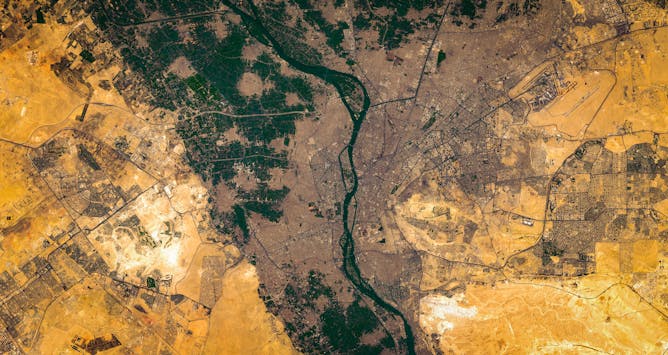
High resolution satellite image of the Nile River’s delta.
Shutterstock/TommoT
Ethan D. Coffel, Dartmouth College; Justin S. Mankin, Dartmouth College
Despite more rainfall, devastating hot and dry spells are projected to become more frequent in the Upper Nile basin in the future.
|
Politics + Society
|
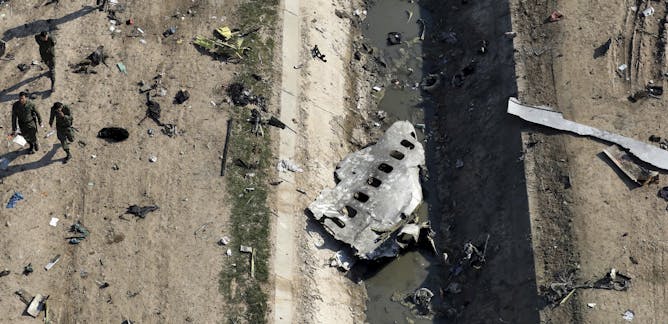
Aurel Braun, University of Toronto
Flight PS752 is more than just a terrible tragedy. It's also revealed the potential future costs of Iran's irresponsibility.
| |
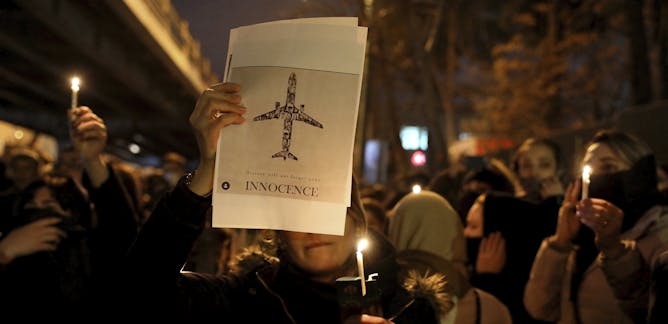
Michael J. Armstrong, Brock University
The downing of Flight PS752 suggest Iran’s missile technology has grown increasingly sophisticated. But its ability to responsibly control that technology has not.
|
|
|
Health + Medicine
|

Connor Bamford, Queen's University Belfast
Chinese scientists sequence coronavirus causing pneumonia outbreak in Wuhan. And it's never been seen before.
| |
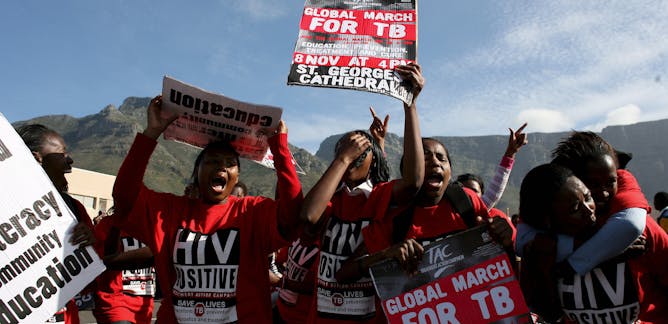
Gavin Churchyard, Aurum Institute
Obstacles to getting more people with TB treated extend beyond cost. It starts with locating people at greatest risk and expanding preventive treatment programmes.
|
|
|
Arts + Culture
|
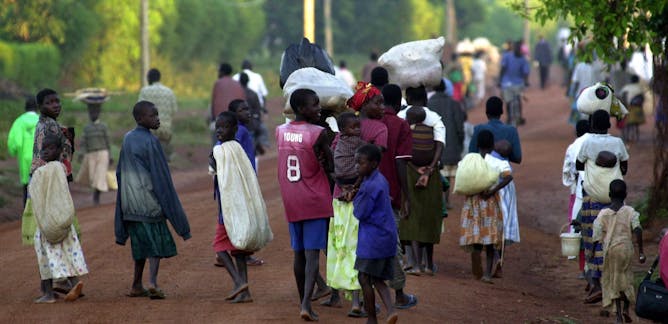
Dominic D.B. Makwa, Makerere University
Displaced by a landslide, Ugandan survivors could not speak the language of the region where they were relocated - but music allowed them a voice.
| |

Laura Clancy, Lancaster University
In a statement on their website, Harry and Meghan have said they are ditching the royal rota. However, in doing so are they gaining more or less control over their story?
|
|
|